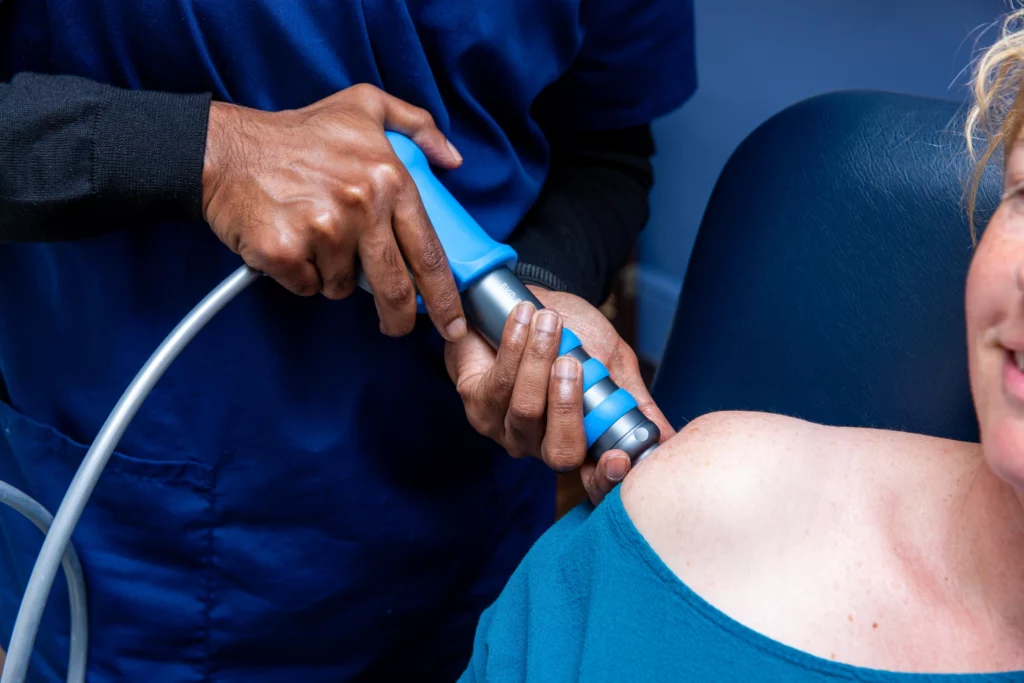
Elbow, Hand & Wrist Pain
Diagnosing Elbow, Hand & Wrist Pain
Our experienced physiotherapists rely on a combination of your medical history, a thorough physical examination, and attentive listening to your symptoms to make an accurate diagnosis. We understand that your symptoms are vital guides in understanding the root cause of your hand and wrist pain. Some common conditions we evaluate during our Elbow, Hand & Wrist Pain Consultation include:
- Sprain: Characterized by pain, swelling, and bruising, a wrist sprain may make it difficult to move your wrist or grip objects properly.
- Elbow tendon pain: Golfer’s elbow and Tennis elbow are two common elbow tendon pain conditions not necessarily affecting only golfers or tennis players. These can arise from repetitive activity such as typing, writing, or other manual work.
- de Quervain’s Tendon Pain: Tendon pain in the wrist, especially de Quervain’s tendonitis, can lead to pain, swelling, and stiffness at the base of your finger or thumb. This condition may hinder finger and thumb movements and even present as a lump.
- Carpal Tunnel Syndrome: This condition often presents with aching pain, tingling, numbness, or pins and needles sensations in the fingers, hand, or arm. Weakness in the thumb and difficulty gripping may also be experienced.
- Ganglion Cyst: A smooth lump on top of the wrist that may cause discomfort.
- Fracture: Sudden and sharp wrist pain, along with swelling and a popping or snapping sound during the injury, may indicate a fracture.
- Mallet Finger: Pain, swelling, and an inability to straighten the end of your finger after catching it on something.
- Trigger Finger: Pain or tenderness in the palm at the base of the finger, along with stiffness and clicking during finger movement, may point to trigger finger.


Key Aspects of Our Care:
Advice and early activity: Early movement has been shown to be beneficial in improving pain. However, we understand that pain can make you feel apprehensive about moving normally. Our experienced Physios will guide you in understanding your condition, teach you safe and comfortable movements, and provide support throughout your recovery journey.
Rehabilitation: Following a thorough assessment of your individual condition and its root causes, our Physio will design a personalized rehabilitation plan. This will take into account your current fitness levels, lifestyle, as well as your home, work, and hobbies to create a tailored plan. The rehabilitation plan may include exercises specifically designed to stretch or strengthen the structures around your elbow, hand and wrist. You will receive this plan either in paper form or through our interactive and supportive app, Physitrack, whichever you prefer.
Manual therapy: Self manipulation or Physiotherapist guided manipulation of the area and the surrounding muscles and ligaments can be beneficial in many painful elbow, hand and wrist conditions. Your Physio will discuss these with you and provide you with the appropriate instructions to carry out for optimal recovery.
Taping: Supportive kinesiology tape can be applied to provide short-term relief. We can also teach this technique to you or a family member or friend so that they can assist you with it at home. Additionally, can provide a video for you to reference between visits to ensure the correct application.
Follow-up: Your care doesn’t end after the first appointment and care plan. We care about your progress and will schedule a follow-up appointment within a few weeks to check on your condition, address any concerns, and advance your rehabilitation plan. Our method of supportive, ongoing management has shown to yield the best results, and that’s what we aim for you.
At Infinite Physio, we are committed to providing you with personalized care and effective solutions to manage and alleviate your elbow, hand and wrist pain. Our team of skilled professionals is here to support you throughout your journey to better health.
Adjunct Therapies
If you are diagnosed with tendon, muscle or joint pain you can benefit from Extracorporeal Shockwave treatment (ESWT).
Extracorporeal (outside of the body) Shockwave Therapy is a non-invasive technique designed to treat the causes of chronic pain, without the need for invasive treatment such as injections or surgery. It involves delivering a series of high-energy impulses to the affected area.
A probe is passed over the site of your pain and shockwaves are directed to the area. Treatment with Shockwave produces an inflammatory response around the site of pain. The body responds to this by increasing metabolic activity. This stimulates and accelerates the healing process. Shockwave blocks transmission of pain signals which reduces overall pain levels within the area.



